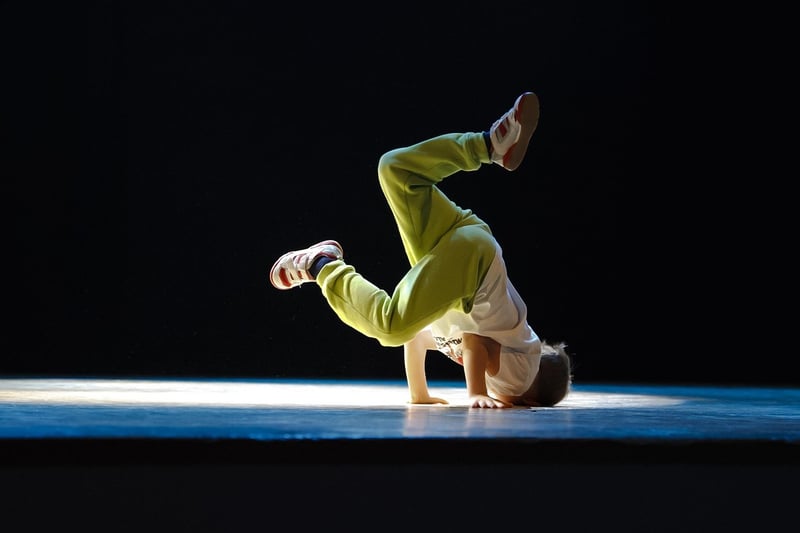Hip Hop
The Power of Expressive Movement in Hip Hop
Hip hop culture has always been closely intertwined with expressive movement. From breakdancing to krumping, hip hop dance forms provide a platform for individuals to showcase their creativity, emotions, and storytelling through movement. In this article, we delve into the significance of expressive movement in hip hop and how it has become a powerful form of artistic expression.
Breakdancing: The Foundation of Hip Hop Dance
Breakdancing, also known as breaking, emerged in the 1970s as one of the foundational elements of hip hop culture. It involves a combination of footwork, freezes, and power moves that require strength, agility, and rhythm. Breakdancing is not just about physical prowess but also about self-expression and individual style. Dancers use their bodies to communicate narratives, emotions, and social commentary, making it a highly expressive form of movement.

Krumping: Channeling Emotions Through Movement
Krumping is a high-energy, expressive dance style that originated in the early 2000s in South Central Los Angeles. It is characterized by its intense movements, facial expressions, and raw emotion. Krumping serves as a form of therapy for many dancers, allowing them to release pent-up feelings, frustrations, and energy through movement. The dance style emphasizes individuality and authenticity, encouraging dancers to let go of inhibitions and express themselves freely.

The Evolution of Hip Hop Dance
Over the years, hip hop dance has evolved and diversified, incorporating elements from various dance styles and cultures. From popping and locking to tutting and waving, hip hop dance forms continue to push boundaries and challenge traditional notions of movement. The fusion of different styles and techniques has led to the emergence of new forms of expressive movement within the hip hop community, showcasing the endless creativity and innovation present in the culture.
Embracing Individuality Through Movement
Expressive movement in hip hop is not just about technical skill or choreography; it is about telling a story, sharing an experience, and connecting with others on a deeper level. Dancers use their bodies as instruments of expression, communicating their unique perspectives, struggles, and triumphs through movement. In a world where individuality is often suppressed, hip hop dance provides a space for people to be authentic, bold, and unapologetically themselves.
So, the next time you witness a hip hop dancer in action, remember that their movements are more than just steps and gestures – they are a reflection of their inner world, a canvas for their emotions, and a testament to the power of expressive movement in hip hop.
